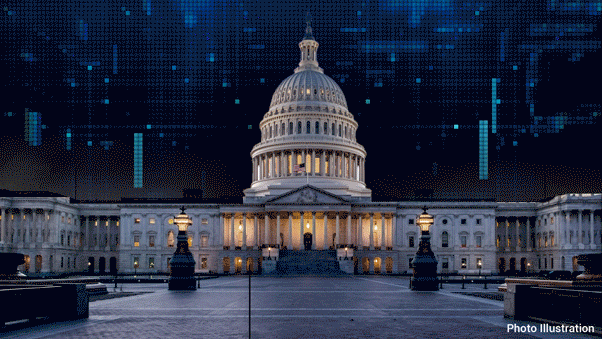The executive order issued by President Joe Biden on October 30 regarding artificial intelligence is comprehensive, with a strong focus on security measures while somewhat neglecting the aspect of independence.
The order includes provisions aimed at protecting individual rights and copyrights related to training data, as well as addressing issues such as watermarking AI content and deep fakes, ensuring equal civil rights, managing AI technology’s impact on employment, and handling cases that involve safety concerns impacting defense or critical infrastructure.
One notable requirement is for AI companies to disclose the results of red-team health tests conducted on their platforms. These tests must adhere to criteria that will be established by the National Institute of Standards and Technology, although the order alludes to a lack of transparency in this area.
Various government agencies, including the Departments of Commerce, Treasury, Energy, Defense, and Homeland Security, are mentioned in relation to enforcing AI regulations and security standards. The order encompasses a wide array of organizations, with only a few exempt from participating in the regulation of AI.
The goals of ensuring the secure and non-military use of AI are commendable. However, there is a need for greater transparency concerning training data, limitations on content generation by opaque AI systems, and the inclusion of viewpoint neutrality in safety standards.
Transparency and viewpoint neutrality are crucial, especially as a few major online platforms control a significant percentage of content visibility and distribution. Ensuring transparency in content moderation rules and holding platforms accountable for adhering to these rules can promote a more open and diverse exchange of information and viewpoints.
While addressing issues related to online safety, viewpoint neutrality, and transparency alone may not fully resolve all concerns, it serves as a foundational step that could garner bipartisan support for legislative action. By emphasizing transparency and accountability in content moderation, policymakers aim to encourage responsible behavior among online platforms without compromising innovation or intellectual property rights.






